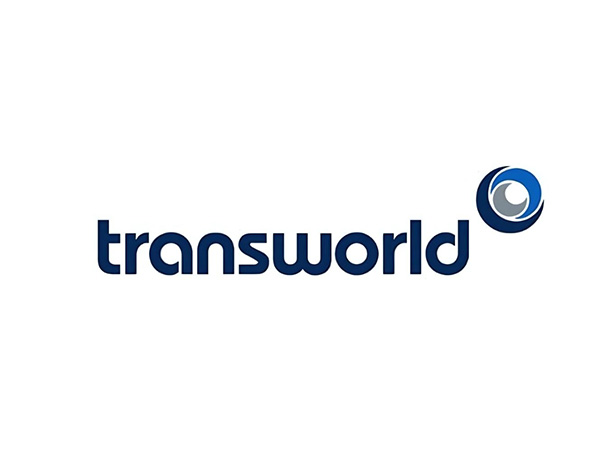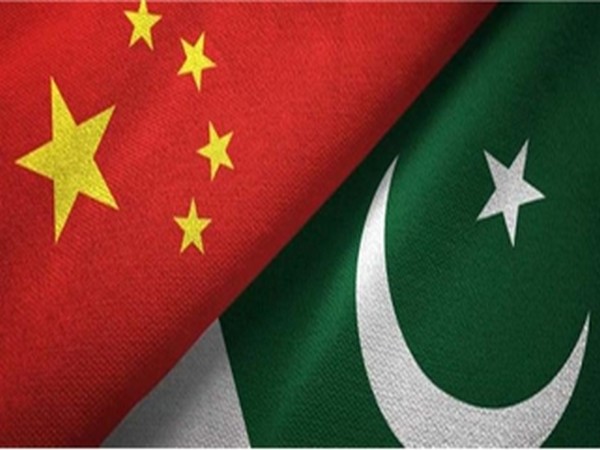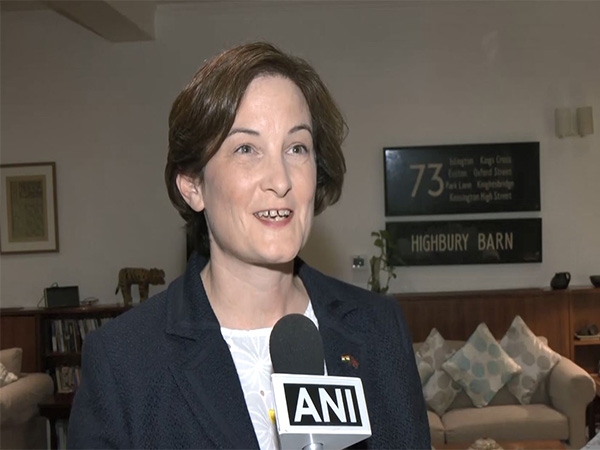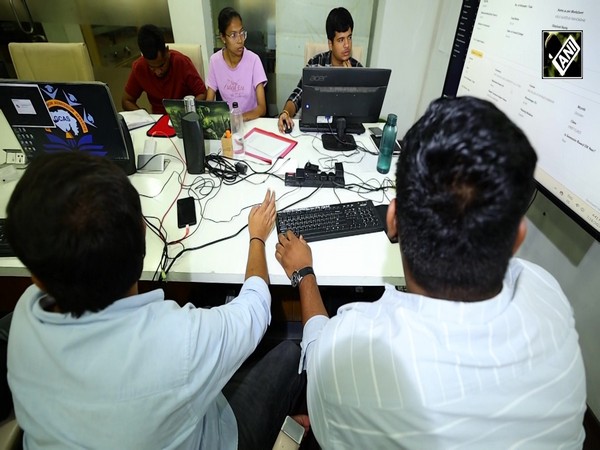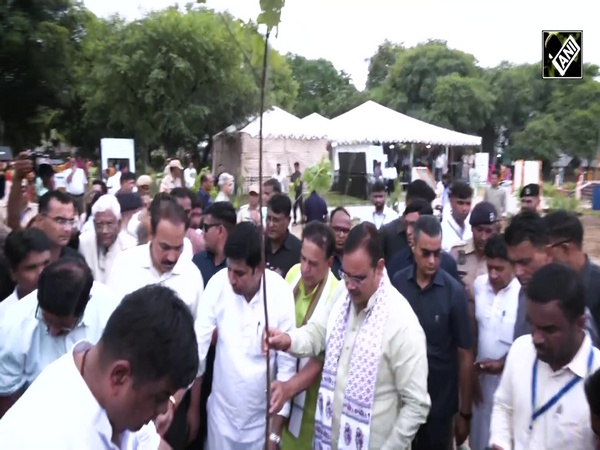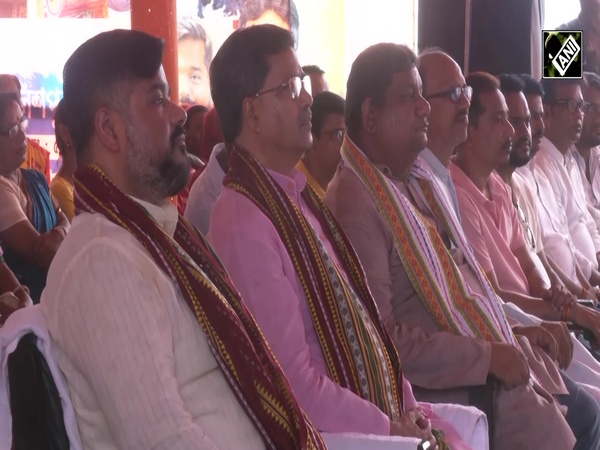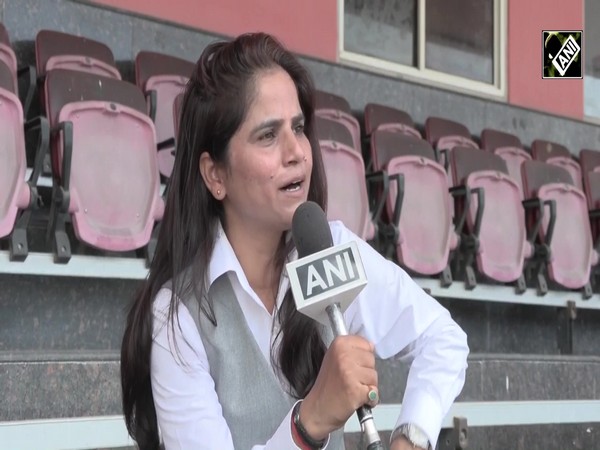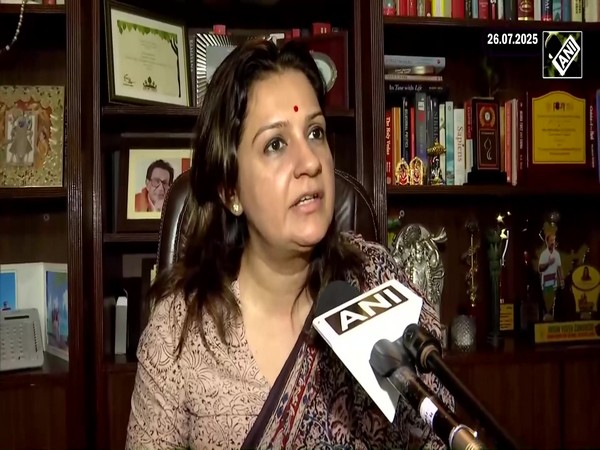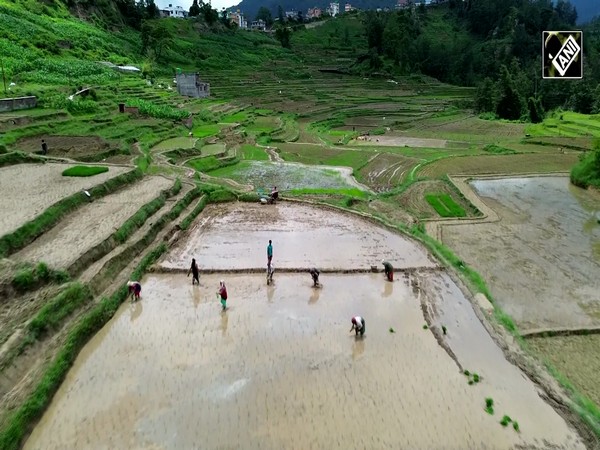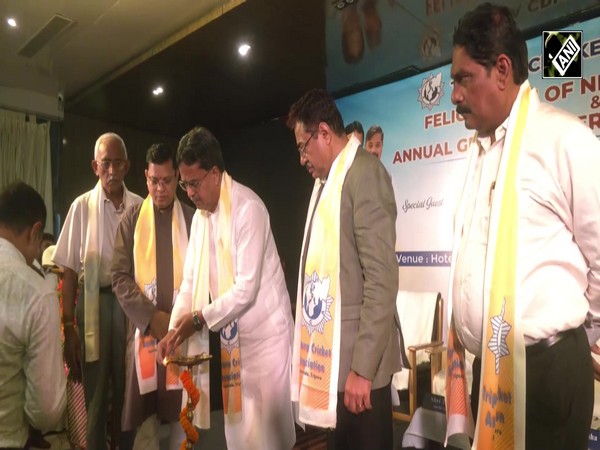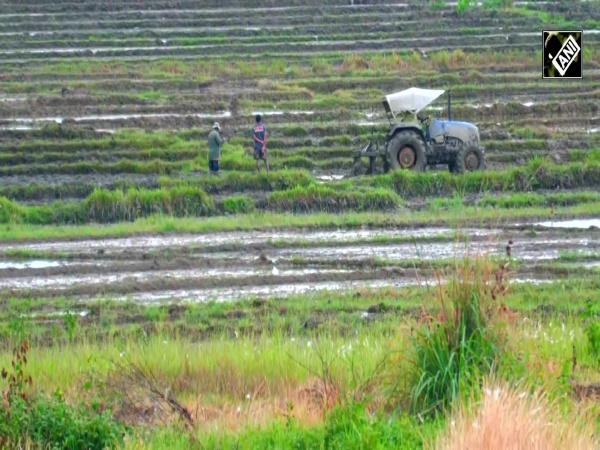SUTRA 2.0: Sustainable Trade Summit 2024 Advances Responsible Sourcing in Indian Markets
Oct 21, 2024

NewsVoir
New Delhi [India], October 21: IDH held the second edition of its annual event, SUTRA 2.0: The Sustainable Trade Summit 2024, at The Oberoi, Gurugram, on October 17-18, 2024. With the theme "Accelerating Responsible Sourcing in Indian Markets," the summit brought together around 400 industry leaders, policymakers, and sustainability experts to discuss the challenges and solutions to advance responsible sourcing and sustainable supply chains. BharatRohan was the platinum sponsor, with Everest & Jayanti Herbs & Spice as additional sponsors, and Sattva Consulting served as the Knowledge Partner. Building on the success of the inaugural summit, SUTRA 2.0 emphasized ethical and sustainable practices across key sectors such as agriculture, textiles, spices, and palm oil.
Sutra 2.0 featured engaging sessions, covering topics such as regenerative agriculture, innovative financing, gender-inclusive business models, and the transformative role of technology. The key speakers during the event included H.E. Marisa Gerards, Ambassador of the Kingdom of the Netherlands to India; Daan Wensing, Global CEO of IDH; Jagjeet Singh Kandal, Country Director - India, IDH; Sanjeev Asthana, CEO, Patanjali Foods; Sonali Shahpurwala, Managing Director & Head, Inclusive Banking at HSBC India; Anukool Joshi, Director Agro, PepsiCo India; Malavika Gopinath, Sustainability Lead, Olam Agri, and Vilas Shinde, Chairman of Sahyadri Farms. Their insights provided strategies for integrating sustainability into business practices, making supply chains more resilient and socially responsible.
Speaking at the event, Daan Wensing Global CEO and Chair of the Executive Board, said, "Today, India is the world's fifth-largest economy, characterized not only by its role as a major producer but also by a rapidly growing consumer market. With agriculture contributing 15% to the country's GDP, the sector plays a key role in driving its growth. As India works towards its development and climate targets, our focus must now be on ensuring agricultural transformations are both sustainable and just, benefiting smallholder farmers and their communities. Through SUTRA, we are creating a platform to building strong partnerships and driving collective action for more sustainable and inclusive value chains in India."
Panel discussions at the summit focused on advancing sustainable farming, strengthening supply chain resilience, and accelerating public-private partnerships through technology. The summit highlighted the power of pre-competitive collaboration, with discussions on leveraging gender-responsive business models and innovative financing to drive sustainable trade. Breakout sessions explored key value chains such as spices, palm oil, coffee, and textiles, addressing sector-specific barriers and solutions. Additionally, the agenda featured cross-sectoral insights on sustainable procurement and regenerative agriculture, aiming to reshape industry practices for a more sustainable future.
Jagjeet Singh Kandal, Country Director - India, IDH, remarked, "Agriculture, a means of livelihood for millions, and a cornerstone of our economy and cultural heritage, stands at a critical juncture today. Not only must we contend with climate change, but we must also prioritise social equity. To ensure a sustainable future, we must focus on three pillars: environmental stewardship, economic viability, and social equity. The SUTRA 2.0 summit on responsible sourcing in India is a crucial platform that will foster important dialogue and unlock pathways to ensure that we empower our farmers while protecting our natural resources."
The summit served as a platform to launch several new initiatives aimed at scaling sustainable sourcing in key sectors and addressing some of the pertinent challenges. These initiatives include pre-competitive collaborations in multiple sectors, as well as investment commitments to support smallholder farmers and promote climate-resilient agricultural practices.
The summit featured the launch of the India Sustainable Palm Oil Manifesto. The Manifesto seeks to unite stakeholders from the private sector, government, and civil society around a shared commitment to sustainable palm oil sourcing.
Additionally, The Life and Building Safety (LABS) Initiative and the National Safety Council (NSC) signed an MoU to enhance safety in the apparel and textile industries. The partnership will focus on knowledge sharing, training, and improving safety standards to protect workers and foster a culture of safety excellence.
A study facilitated by the Women's Safety Accelerator Fund (WSAF) on the Assam tea sector, launched alongside a handbook on addressing gender stereotypes, reveals the impact of gender-based violence on business outcomes through econometric analysis. The study highlights productivity and revenue losses, as well as additional costs tea estates face due to discrimination and violence against women workers, offering insights for tracking the return on investment in addressing these issues. The handbook, aimed at industry leaders, encourages awareness and reflection on unconscious biases from the boardroom to farms, fostering mindfulness and promoting gender equity across the value chain.
As the summit concluded, participants committed to translating the summit's outcomes into actionable steps for businesses, governments, and civil society. IDH will continue driving sustainable trade by expanding the SUTRA 2.0 ecosystem to include more partnerships and projects that mainstream responsible sourcing practices across global value chains.
For more information about the event, please visit: idhsutra.com/index.html
IDH seeks to transform markets through collaborative innovation, convening and investment in inclusive and sustainable solutions that enable businesses to create value for people and planet. To achieve this, IDH brings together coalitions of committed stakeholders from across global value chains towards joint visions and program agendas for sustainable trade in key agricultural, manufacturing, apparel and commodity value chains. In 16 years of operation, IDH has mobilized private sector investment and support to test and innovate new business models designed to create better jobs, better incomes, a better environment, and gender equity for all.
(ADVERTORIAL DISCLAIMER: The above press release has been provided by NewsVoir. ANI will not be responsible in any way for the content of the same)


